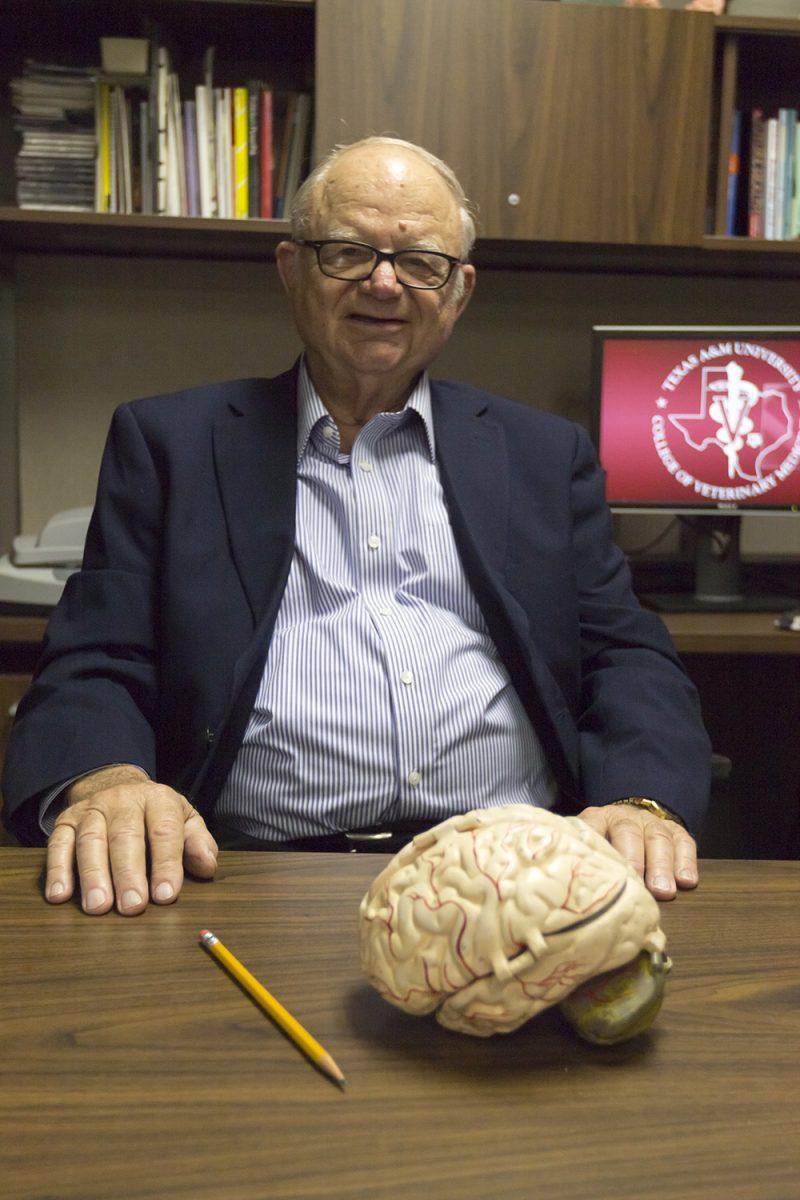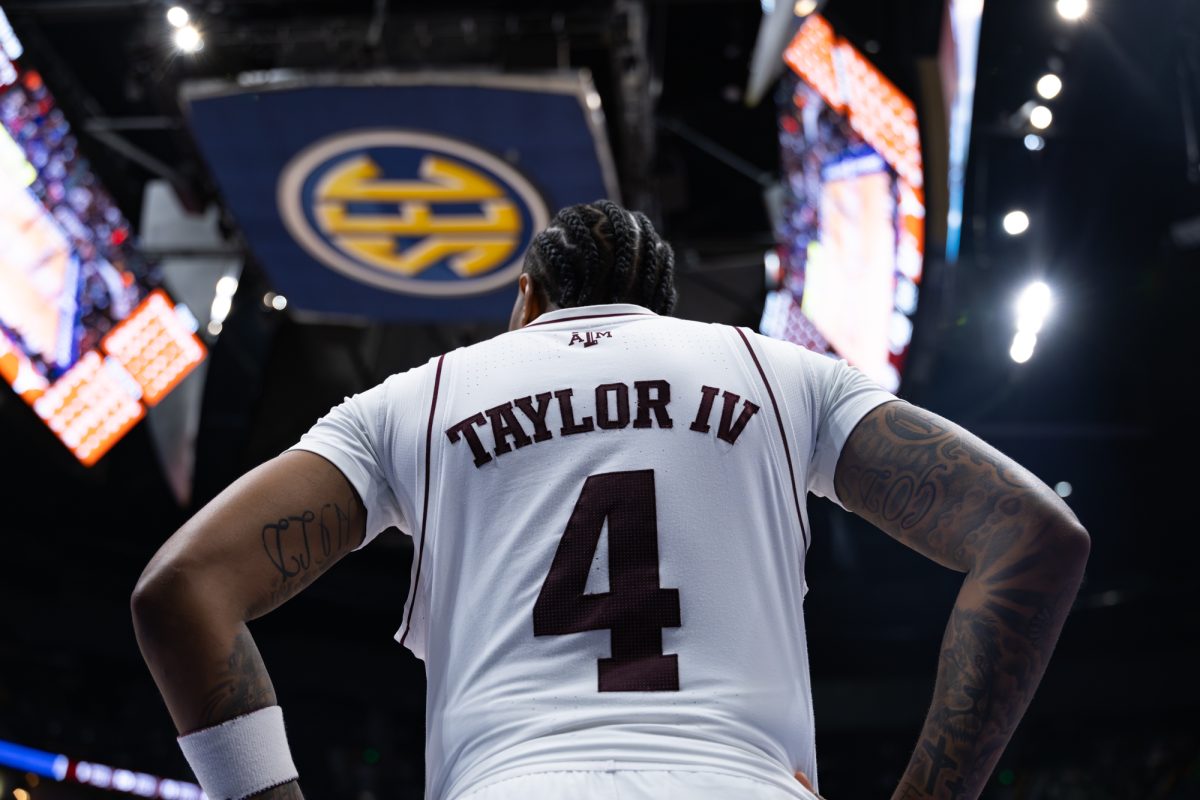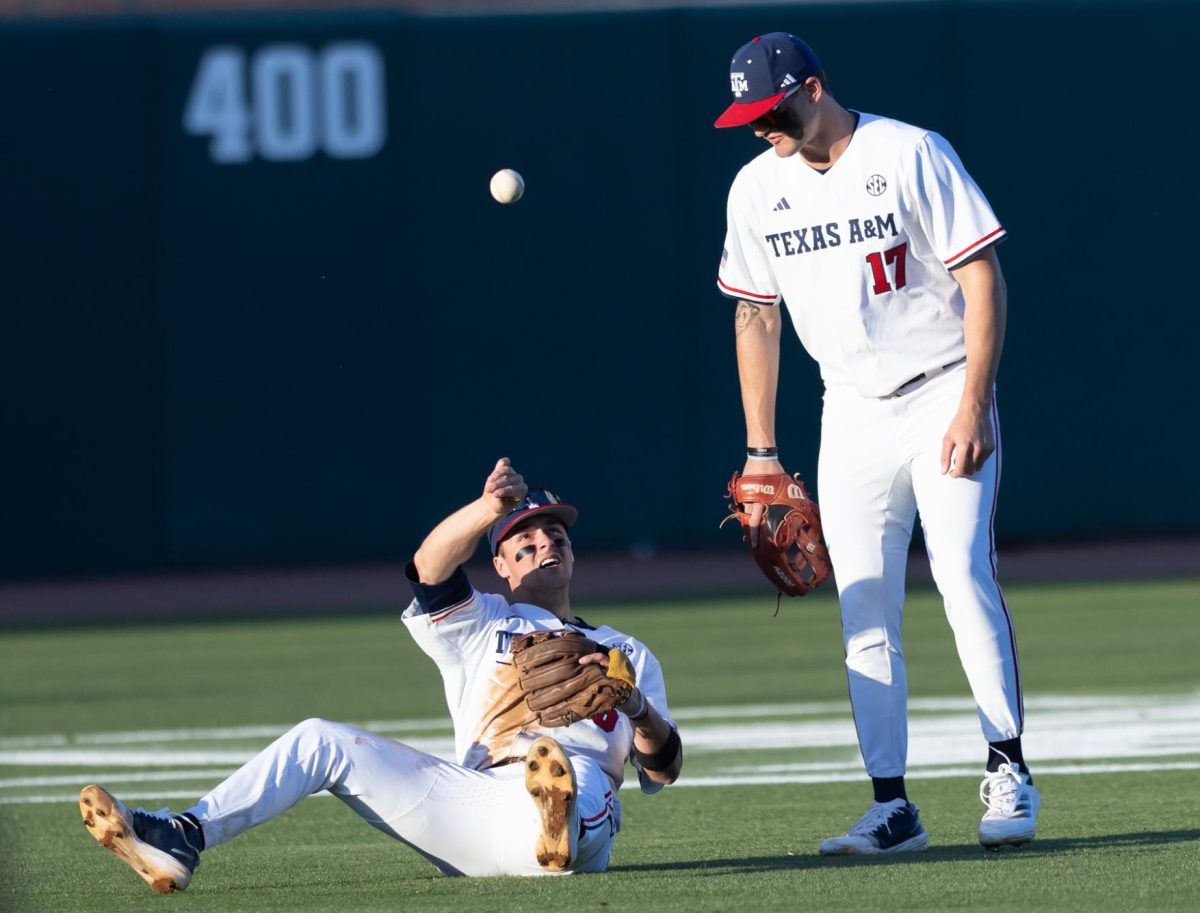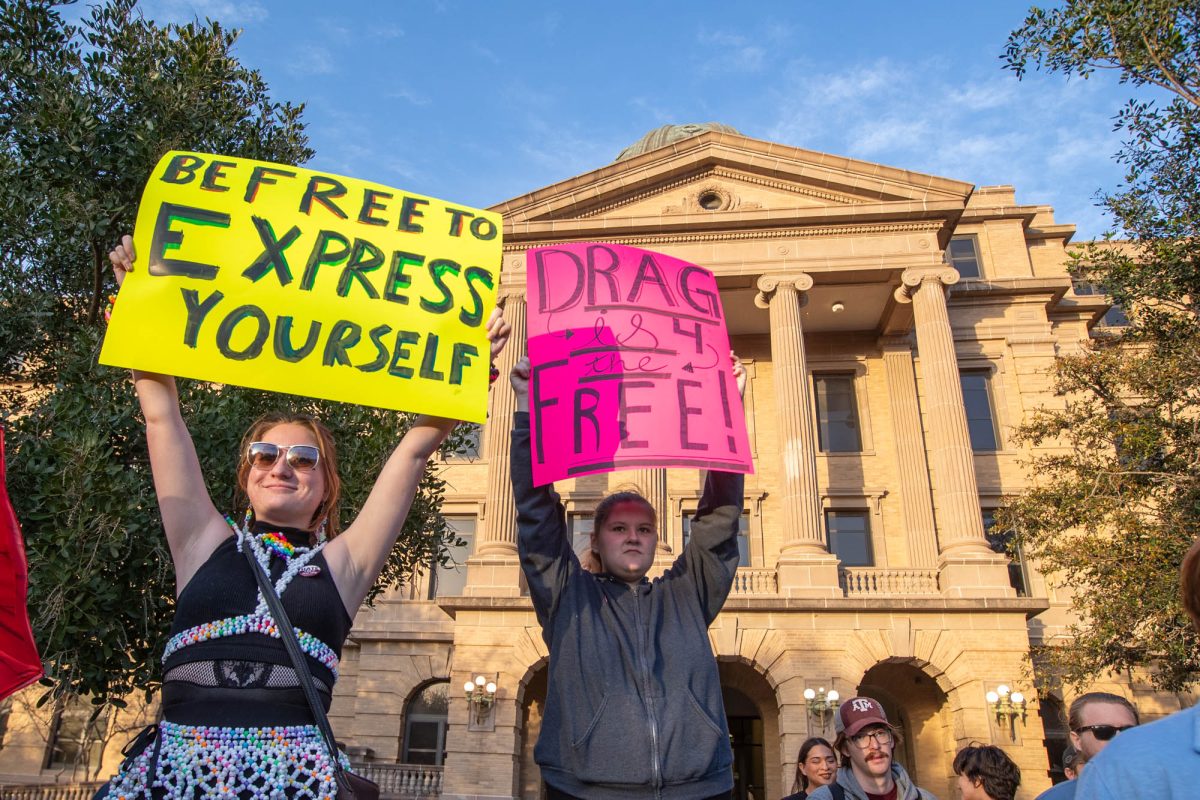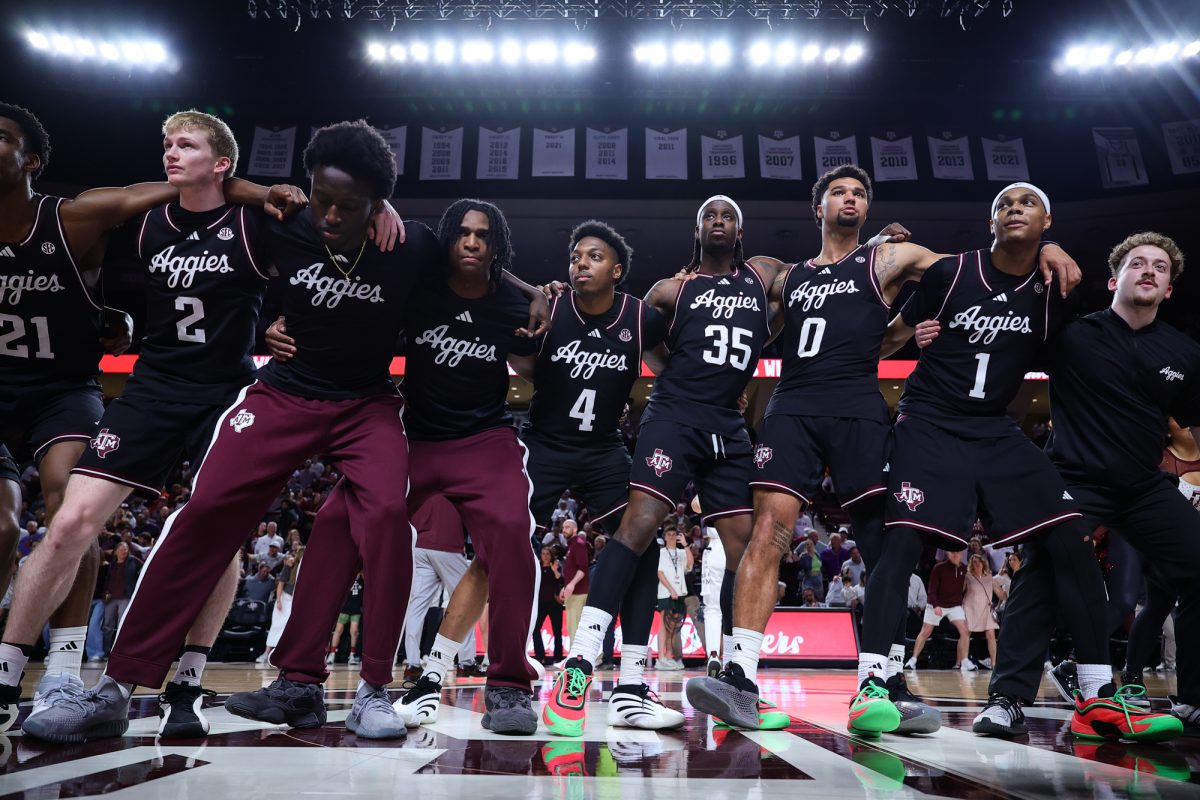When Dr. Bill Klemm was 20 years old, he would memorize the content of magazines and newspapers down to the page number to practice his skill. He said by adjusting memorization techniques, anyone can have similar memory proficiency.
Because of his knowledge, Klemm, a professor of neuroscience at A&M, said people call him the Memory Medic.
Klemm has taught in the Texas A&M Department of Veterinary Medicine & Biomedical Sciences since 1966. He has covered the study of memory in three books, several dozen journal articles and in a well-read blog. Klemm also holds numerous speeches across the country, including one he held at a TEDx event.
Most of Klemm’s work focuses on how students can study better. He finds a lot of students waste their focus and energy studying in long bursts, only to become distracted and immediately forget what they have just learned.
“The biggest problem students have is distraction,” Klemm said. “When you have a learning experience, whether you remember it or not, is a function of what happened immediately before, during and immediately after the experience.”
According to a pamphlet that Klemm said he often hands out to students and educators, the best way to study is in short bursts, followed by applying what you have just learned and then finally by doing some menial task to let your brain rest.
“This process of converting temporary memories to long-term memories is crucial because if you have to relearn, then your learning is not efficient,” Klemm said. “The object should be to learn it in one try.”
Klemm said these methods would not only improve a student’s ability to memorize information, but can also preserve their mental health as they age.
“There is experimental evidence that this protects your brain as you get older,” Klemm said. “They have done postmortem studies and they have found people who should of have had Alzheimer’s disease but didn’t have Alzheimer’s symptoms. Invariably, these were people who had been very mentally active all of their life.”
Going forward, the active 80-year-old said he is writing a book for teachers on how to teach better learning — a point that he wishes more institutions would address.
“My focus is trying to change how educators do things,” Klemm said. “We’re neglecting the most important thing of all, which is to teach students learning skills. We are so busy teaching to the test that we don’t teach them how to learn.”
Education reform is on the docket in both the United States and Texas legislatures, both of which are looking to reform the Bush-era No Child Left Behind policies. Klemm said he believes smarter approaches to memory should be considered by policy makers.
“Memorization is a dirty word in most circles,” he said. “Not enough thought is given to the fact that to do the good things you’ve got to have the foundation.”




